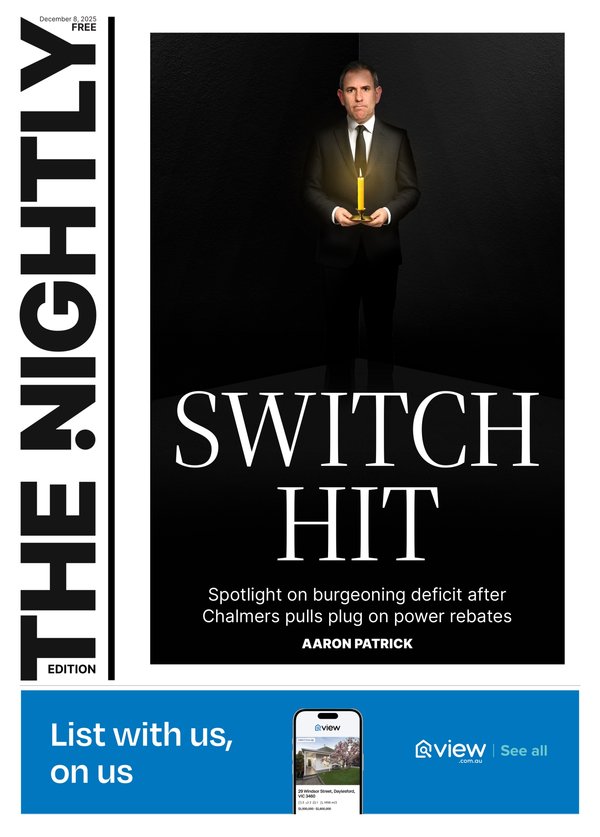Predator Catholic brother Desmond Gregory Mackrell loses appeal against conviction for historical child rape
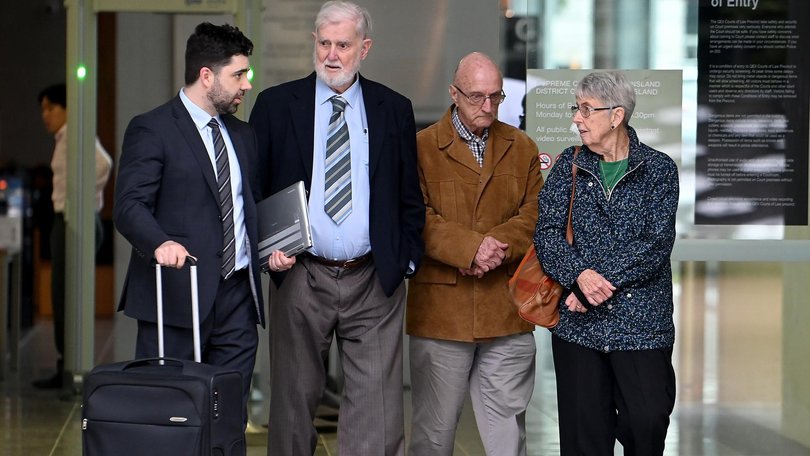
A predator Catholic brother and former school principal convicted of the vile historical sexual assault of a student will be returned to prison after his appeal attempt fell apart.
The Court of Appeal ordered a warrant for Desmond Gregory Mackrell – previously known as “Brother Bede” to his students – to lie on file for five days after the 90-year-old’s unsuccessful application.
Mr Mackrell, 90, was convicted in March on a single charge of repeated sexual conduct with a child and two charges of carnal knowledge against the order of nature.
Sign up to The Nightly's newsletters.
Get the first look at the digital newspaper, curated daily stories and breaking headlines delivered to your inbox.
By continuing you agree to our Terms and Privacy Policy.The conduct involved Mackrell raping a child in a toilet cubicle and sexually assaulting the student while he was in “a state of partial or complete undress” in his office.
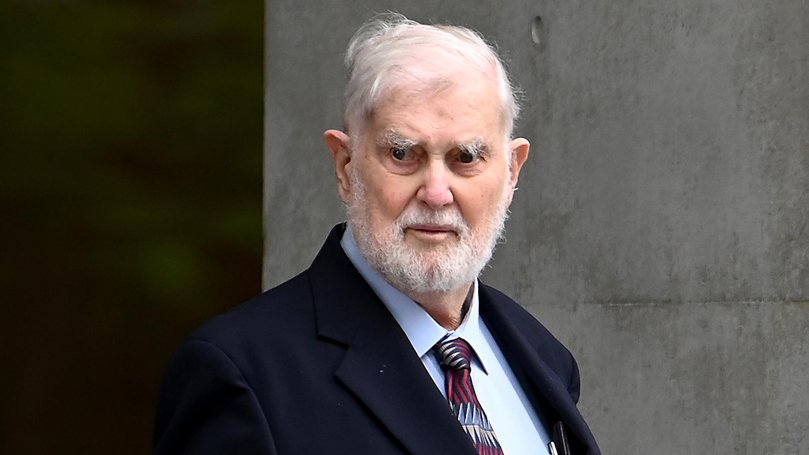
The third count of carnal knowledge related to Mackrell being party to another rape by a different teacher – aiding this teacher by “holding or pulling the complainant down”.
A jury was told all offences occurred between 1980-82 while Mackrell was a school principal.
Mackrell was sentenced to seven years’ jail with parole eligibility after serving half that time behind bars.
But just a month later he was released on bail after challenging the convictions in Queensland’s Court of Appeal, arguing they were “unreasonable” and “cannot be supported by the evidence”.
On Tuesday, Justices Debra Mullins, Thomas Bradley and Philip Morrison dismissed the application.
Mackrell had argued there was a “reasonable possibility” the complainant had “no actual memory” of the assaults – putting the “memories” of sexual acts committed by the former principal down to “dreams and nightmares” the complainant was experiencing.
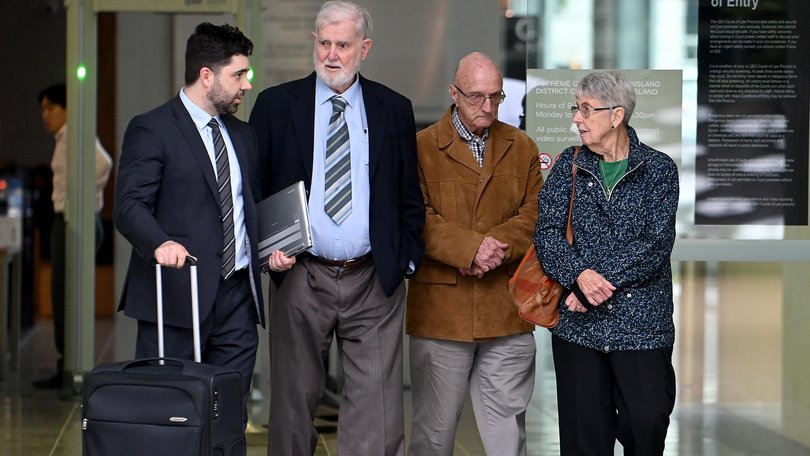
His legal team pointed to alleged discrepancies of the complainant not having a memory of the events of the sexual abuse until “after he had a dream or nightmare” about the events in question.
Mackrell said the complainant’s first experiences of the nightmares of the abuse – or “at best shards of memories he had developed and pieced together” – related only to the second teacher, referred to as “Brother X”.
The complainant had testified each time he experienced more nightmares “the more he believed he had remembered”, which Mackrell said created the risk that events would be “recalled” that had not actually happened “or that any true events would be recalled in a distorted fashion”.
“The evolution of the complainant’s accounts of sexual abuse reinforced the reasonable possibility … that his ‘memory’ of the appellant’s participation in the abuse by others was the product of distortion and unreliable reconstruction,” Mackrell’s team had argued, according to a published court judgment.
Mackrell said this was reinforced by alleged inconsistencies between the accounts of offending and the evidence could therefore not be accepted as reliable.
In the Court of Appeal’s decision, Justice Morrison said the complainant had maintained he had actual memories of the events – even if they were referred to as “shards”.
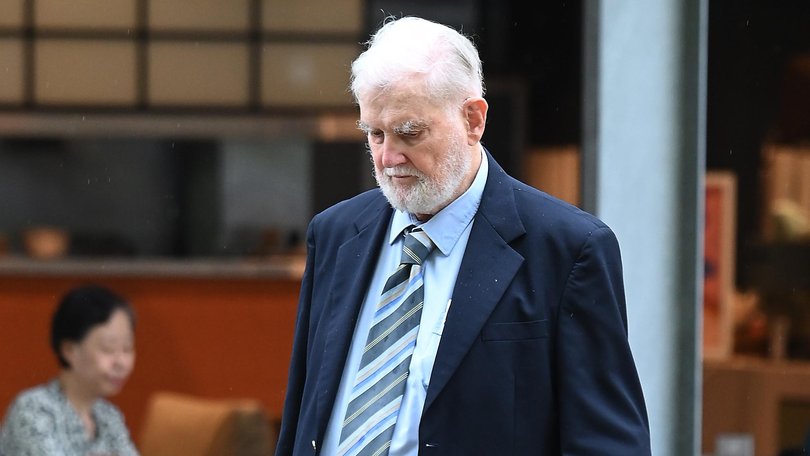
A jury heard the complainant reject the proposition from Mackrell’s defence team that he had no real memories or they were the product of dreams or nightmares.
“The complainant’s attempts to explain the significance of the dreams and nightmares were in the context of his maintaining that they added to memories that already existed,” the judgment states.
“The dreams and nightmares added clarity or volume or depth. Properly understood, the complainant’s evidence did not accept that the dreams and nightmares established reality that was not there otherwise.”
Justice Morrison said the evidence did not reach the point of compelling the conclusion that events recalled had not actually happened – or that any true events were recalled in a distorted fashion.
He noted the complainant said he always knew that two Brothers were involved – and that Mackrell was one of them.
“In my view, the jury’s advantage in seeing and hearing the evidence is capable of resolving … doubt, and therefore no miscarriage of justice has occurred,” the judgment continues.
“The assessment of the evidence does not cause me to have such a doubt as to the reliability of the complainant’s evidence that the convictions should be set aside.
“In my view, upon the whole of the evidence it was open to the jury to be satisfied beyond reasonable doubt that the appellant was guilty.”
